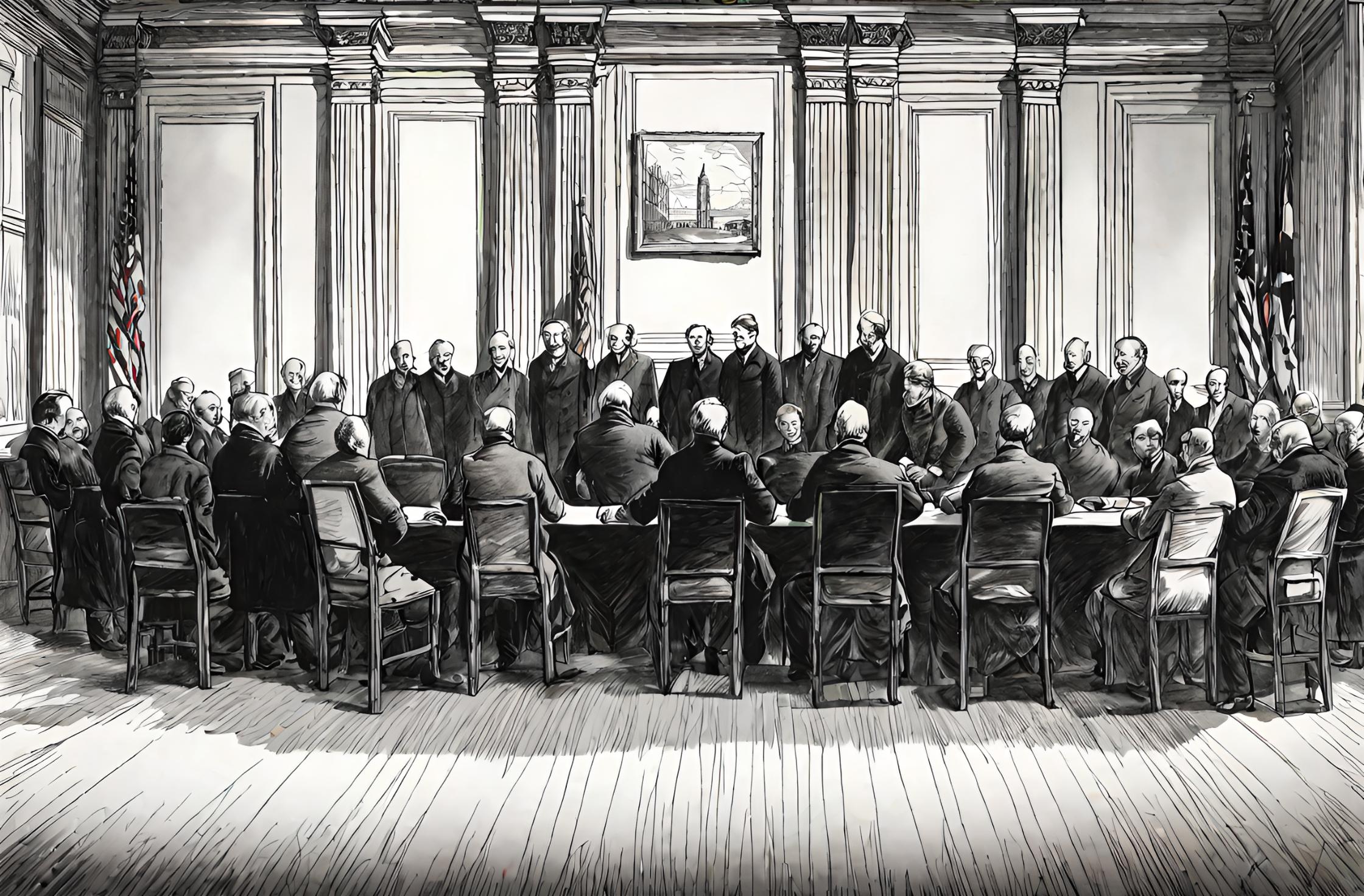Flashback to June 28
World History

1914
Archduke Franz Ferdinand of Austria and his wife Sophie are shot to death by Bosnian Serb nationalist Gavrilo Princip during an official visit to the Bosnian capital of Sarajevo.
Read moreOn June 28, 1914, the world witnessed a tragic event that would ultimately ignite the flames of World War I. Archduke Franz Ferdinand of Austria and his wife, Sophie, were shot to death by Bosnian Serb nationalist Gavrilo Princip during an official visit to the Bosnian capital of Sarajevo. This assassination had far-reaching consequences, shaking the geopolitical landscape of Europe and setting off a chain of events that would lead to one of the deadliest conflicts in human history.
The assassination of Archduke Franz Ferdinand and his wife marked a turning point in the already tense political climate of the early 20th century. At the time, Europe was divided into two main alliance systems – the Triple Alliance, which included Germany, Austria-Hungary, and Italy, and the Triple Entente, comprising of France, Russia, and the United Kingdom. These alliances were built upon complex web of treaties and agreements, with the aim of maintaining a balance of power on the continent.
However, the assassination in Sarajevo set off a series of diplomatic and military escalations that pulled the major powers into a full-scale conflict. Austria-Hungary blamed Serbia for the assassination, demanding retribution and triggering a chain reaction of ultimatums and mobilizations. When Serbia’s ally, Russia, began mobilizing its forces, Germany declared war on Russia, which led to the involvement of France, the UK, and eventually, countries from around the world. The Great War had begun.
The immediate consequences of the assassination were dire. Austria-Hungary declared war on Serbia, and within weeks, Europe was embroiled in a brutal conflict that would last for over four years. The assassination exposed the long-standing tensions and rivalries between major powers and drew battle lines across the continent. Millions of lives were lost, and entire generations were scarred by the horrors of trench warfare, chemical weapons, and unprecedented destruction.
Moreover, the assassination also had long-term implications for the global political order. The end of World War I paved the way for significant geopolitical changes, as empires crumbled and new nations emerged from the ashes. The Treaty of Versailles, signed in 1919, redrew the boundaries of Europe, dismantling Austria-Hungary and establishing new nations in its wake. The political consequences of the assassination reverberated throughout the 20th century, setting the stage for further conflicts and shaping the course of history.
Additionally, the assassination of Archduke Franz Ferdinand and his wife highlighted the rise of nationalism and ethnic tensions in Europe. Gavrilo Princip, the assassin, was a member of the Black Hand, a secret nationalist organization seeking the unification of Serb-populated territories. The event underscored the deep divisions within the region and ignited nationalist fervor across Europe. It also highlighted the power of a single act to spark widespread conflict and to challenge the established order.
the assassination of Archduke Franz Ferdinand and his wife on June 28, 1914, in Sarajevo was a pivotal moment that led to the outbreak of World War I. This event escalated tensions between major powers, propelling them into a devastating conflict that reshaped the global political landscape. The consequences of the assassination reverberated for decades to come, leaving a lasting legacy of destruction, political realignment, and the dangers of nationalism. Today, the assassination of Franz Ferdinand serves as a stark reminder of the fragility of peace and the potential consequences of political violence.
We strive for accuracy. If you see something that doesn't look right, click here to contact us!
Sponsored Content

The Treaty of Versailles…
On June 28, 1919,…

Enrico de Nicola becomes…
On June 28, 1946,…

Accession to the throne…
On 6/28/1762, Catherine the…

Leipzig Observatory discovers short-period…
On June 28, 1861,…

US-owned oil refineries in…
On June 28, 1960,…

Archduke Franz Ferdinand of…
On June 28, 1914,…

